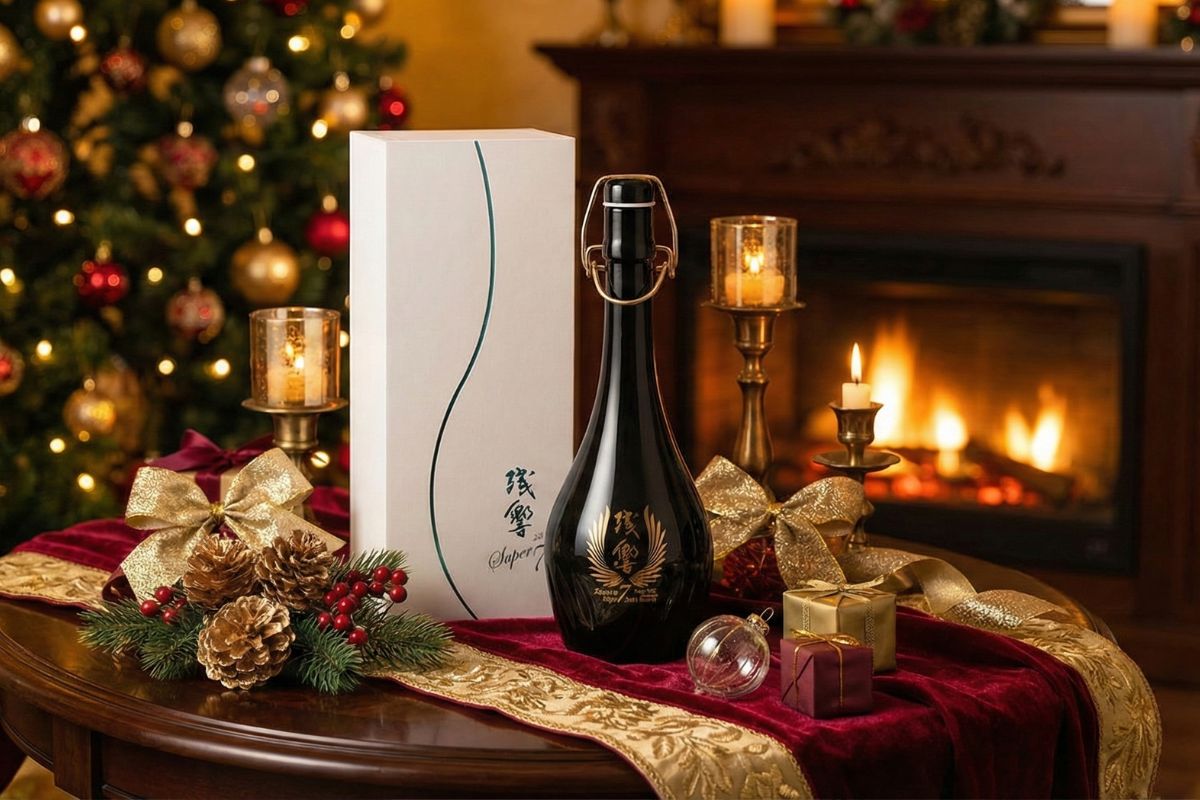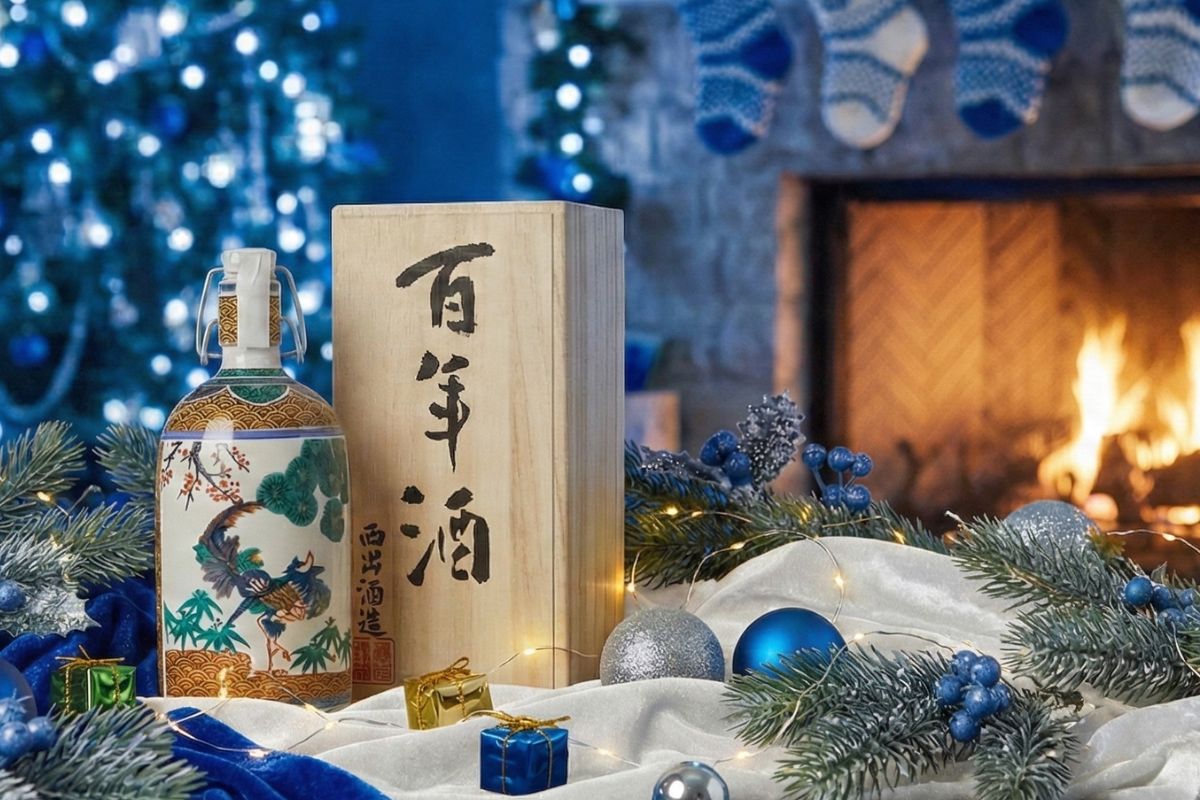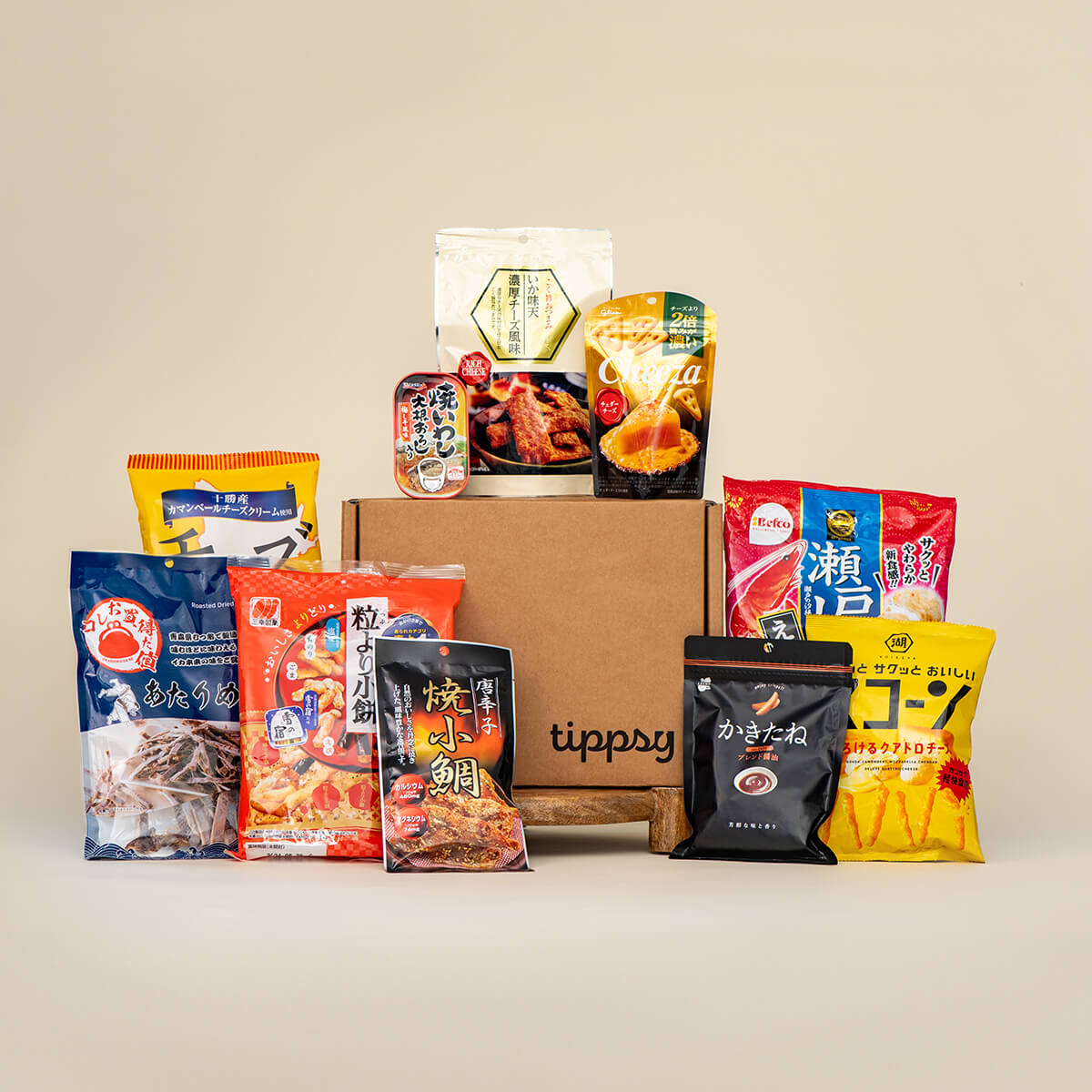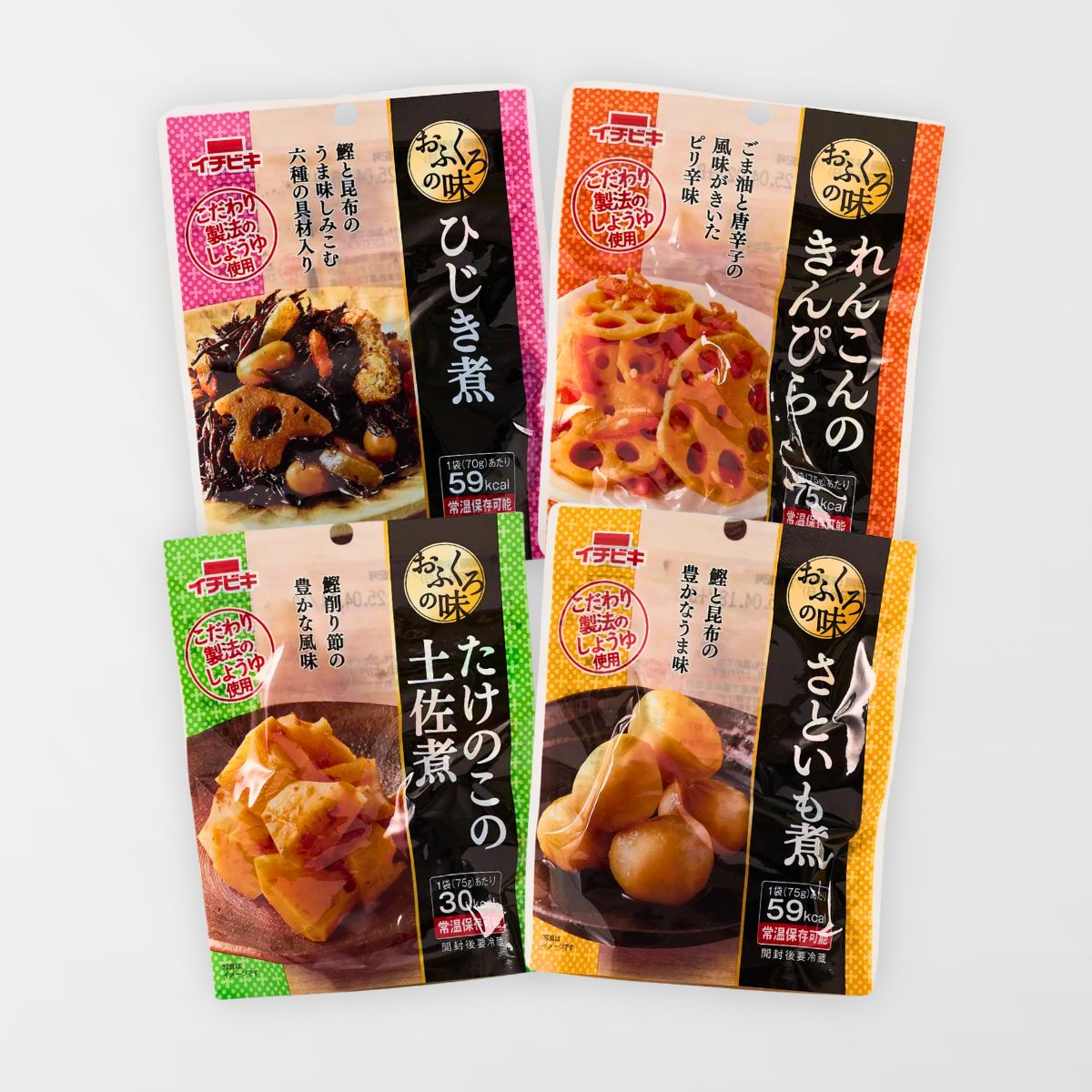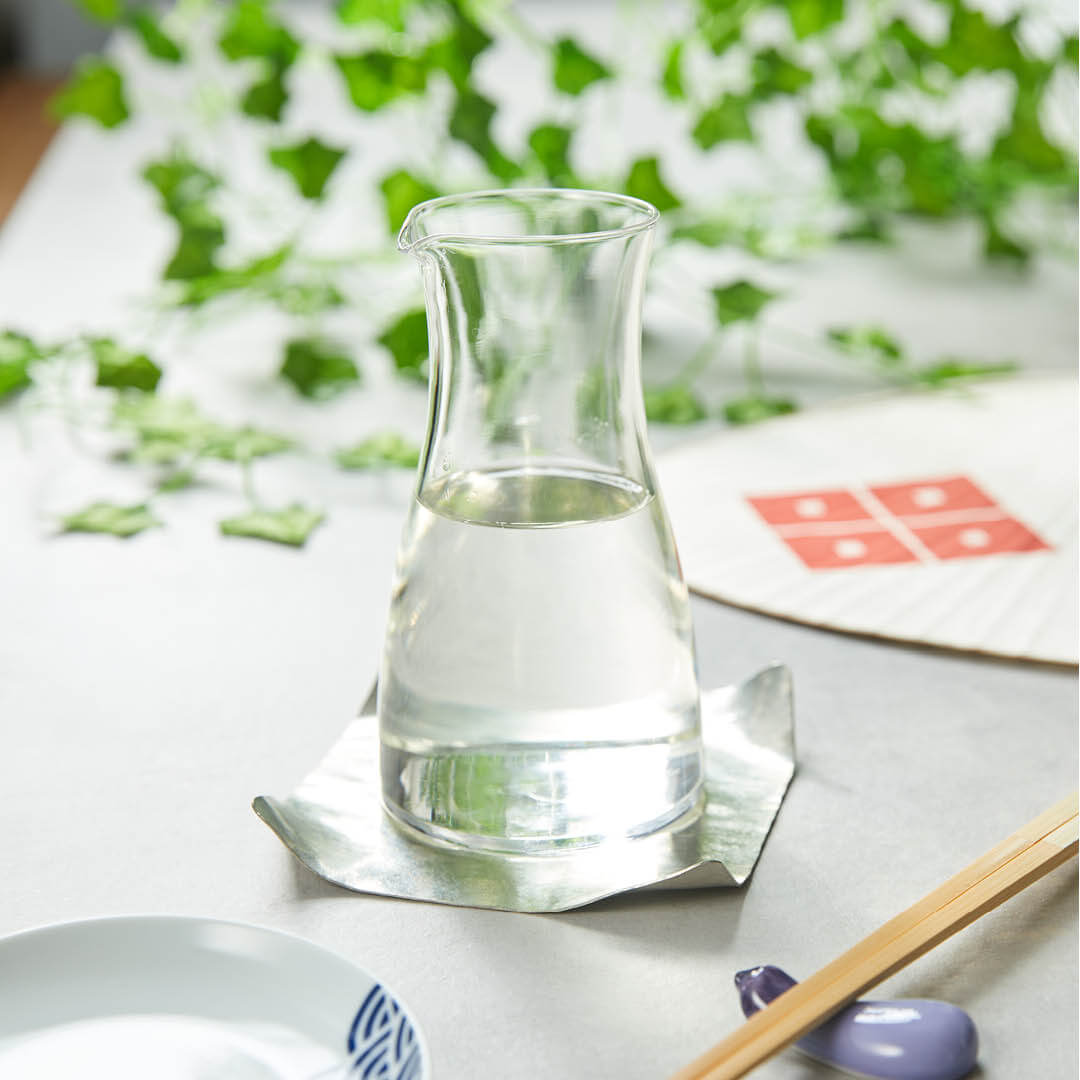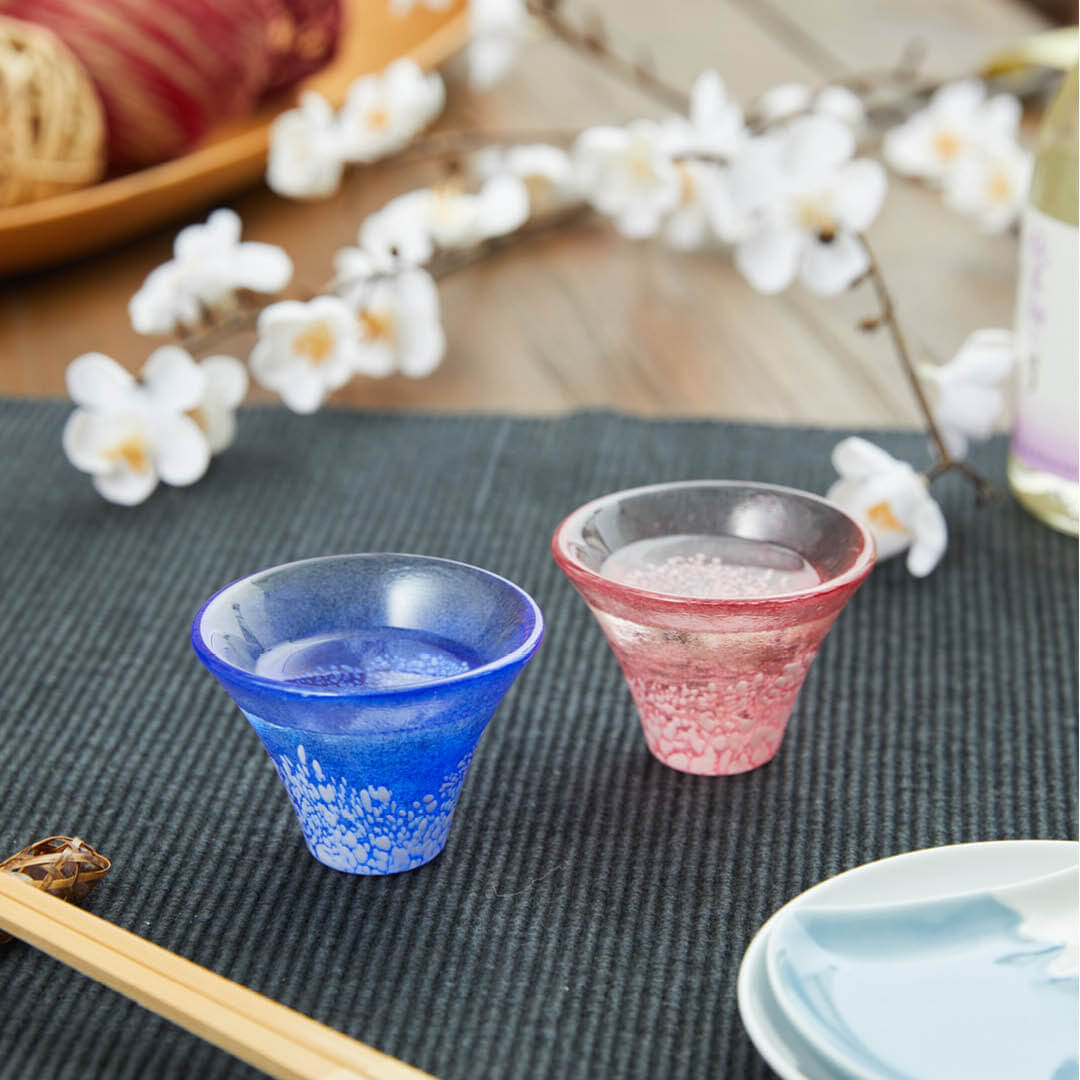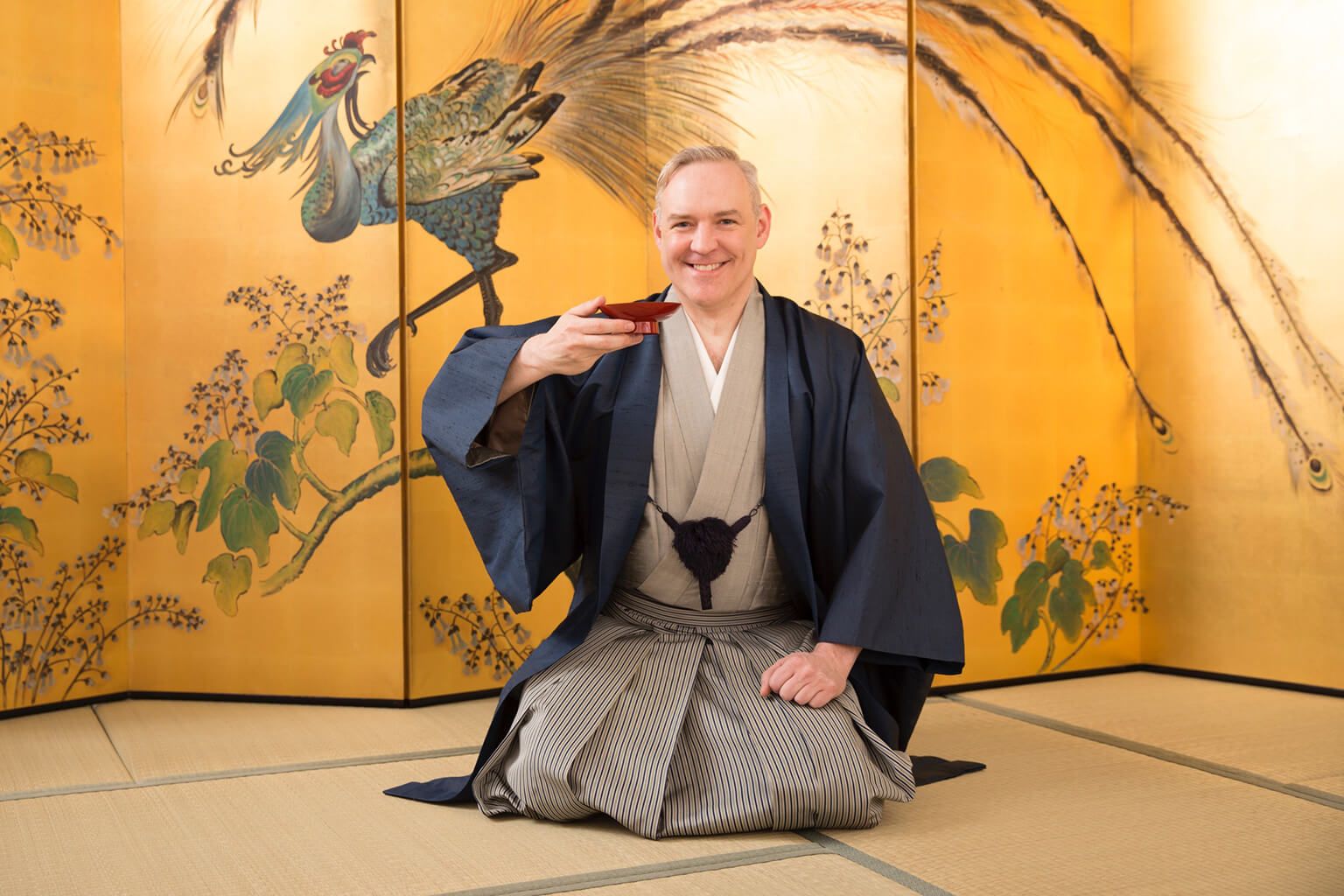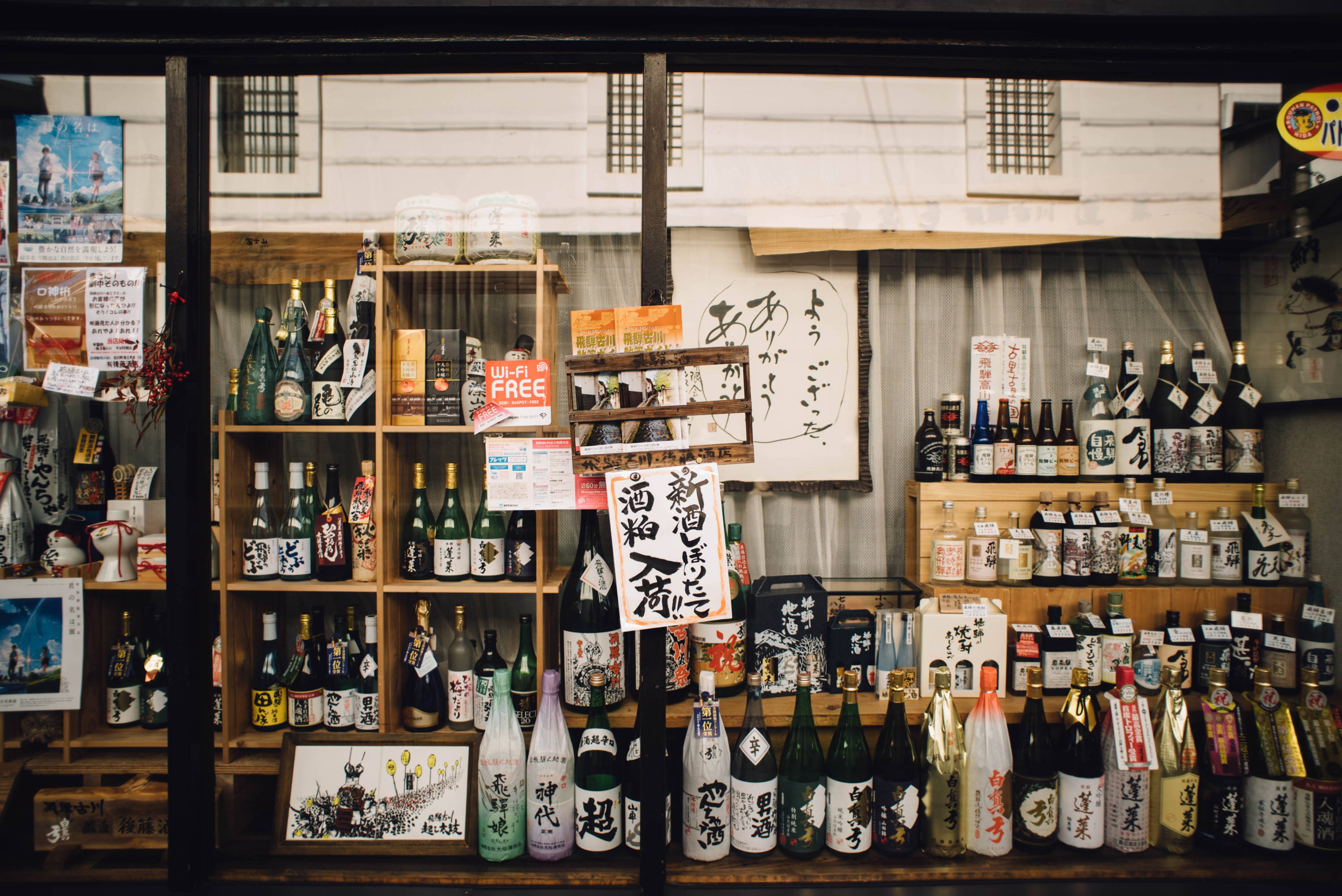Timothy Sullivan’s passion for Japanese sake has played a significant part in the opening and evolution of the sake industry in the United States. In 2007, he was awarded the title of Sake Samurai, just two years after his first experience with sake, and has since broadened his multifaceted career as a sake educator, sommelier, and currently Global Brand Ambassador for Hakkaisan.
Timothy is deeply ingrained in the sake world and we’re thrilled to kick-off our Spotlight Series with him, and honored to feature his story and the Hakkaisan brand in our January sake subscription box. In part one of this two-part interview, he shares with us first encounters and advice on finding your personal sake favorites and food pairings.

LOUIE ANNE: You have an amazing career! You fulfill many roles--a sake educator, sommelier, blogger, and currently, a global brand ambassador for Hakkaisan. When you first started learning about sake, did you imagine being where you are now? Was this all a part of the plan?
TIMOTHY: No, I didn’t plan it at all. I was working in e-commerce [at the time] and my educational background was in German language and literature. I was interested in cross-cultural communication and had lived two years in Germany, and that experience made me open to other cultures in general. Sake kind of fell into my lap, and once I became interested in sake, the next step was to become interested in Japanese culture.
LOUIE ANNE: Interesting! I think the majority of people are introduced to sake after taking an interest in Japanese language and culture but in your experience, it was the reverse!
TIMOTHY: Sake is Japanese culture in a cup—a microcosm of the larger expression of Japanese culture. My love for sake was supported by a growing interest in Japanese culture.
LOUIE ANNE: Your website Urban Sake has a wealth of information about sake. How did you come up with the name? Was it a nod to living in NYC?
TIMOTHY: (Laughs) I have to be honest, I did not think about it very much. My initial idea was to explain my misadventures tasting sake; everything that I was learning from the point of a student who knew nothing. [It was about] my experiences in the city. I’m happy with the name.
LOUIE ANNE: Well, the name is very fitting. Now, as a Sake Educator, what advice would you offer someone trying sake for the first time?
TIMOTHY: My number one piece of advice is almost always—Trust your own palate. People rely too much on experts and awards. Taste a variety of sake and whatever you like, you should enjoy it!

Bringing Hakkaisan to various sake tasting events coast-to-coast.
LOUIE ANNE: On that note, do you see a parallel between wine taste preferences and sake preferences? Is it a one-to-one equivalent?
TIMOTHY: I don’t recommend that approach. I want people to be free of the constraints of wine, beer, liquor consumption. Just try a variety [and make note of the ones that] speak to you. Leave all the wine, beer, spirits stuff to the side—sake is its own category. Don’t box yourself in. Have the freedom to try what you like and don’t put any labels on it.
LOUIE ANNE: That’s great advice. And what is the most unusual sake-food pairing that you’ve tried and enjoyed?
TIMOTHY: You can get really amazing pairings with mushroom-topped pizza… Mushroom has umami, cheese has lactic acid, tomato sauce has umami—and if you pair it with the right sake, it’s absolutely fantastic!
LOUIE ANNE: I love mushrooms. That sounds amazing!
TIMOTHY: Umami is the cornerstone of Japanese cuisine, and sake has a naturally high umami profile. Umami flavor profiles were first isolated in Japan, but it really exists everywhere. Everywhere you have proteins you can have umami flavors—so it’s really easy to find umami in cuisines all over the world. And that’s really exciting for me because it means sake can really become a world beverage.”
Next week, learn how sake is taking hold in one big Texas town and a hotspot in the Rockies, and how snow finds a way into Hakkaisan’s Yukimuro sake. Join us for Part Two of our interview with Timothy Sullivan.
This interview article was shortened and edited for clarity.



